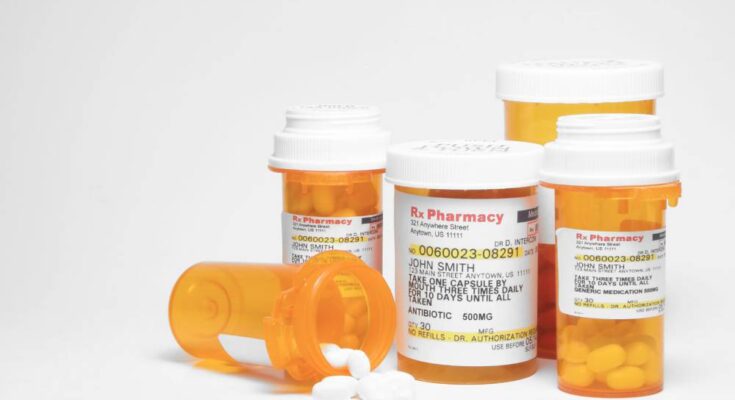Discovering that your medication has been recalled can be alarming, but staying informed and taking immediate action is key to protecting your health. A recall doesn’t always mean there’s an immediate danger, but it does require you to take careful steps to ensure your well-being. This guide will walk you through what to do if your medication is recalled and help you manage the situation with confidence.
1. Understand the Reason for the Recall
The first step in handling a medication recall is to understand why the recall happened. Manufacturers may recall medications for a variety of reasons, including errors in labeling, manufacturing defects, or potential contamination. It’s possible that the issue poses no immediate risk, but in some cases, it could involve serious safety concerns. Take a close look at the recall notice or any direct communication you’ve received to learn whether the recall is precautionary or a result of a significant issue. Staying informed about medication recalls and safety alerts will help you determine the urgency of your next steps.
2. Contact Your Healthcare Provider Immediately
Your healthcare provider is your most valuable resource in medication recall situations. Reach out to them as soon as you become aware of the recall to confirm whether the affected medication applies to you. Your provider can assess your health status and advise you on how to proceed, including whether you should stop taking the medication immediately or continue until a replacement is available. Never make the decision to stop or substitute your medication without their guidance, as abrupt changes can disrupt your treatment plan and negatively affect your health.
3. Follow Instructions for Returning or Disposing of the Medication
Medication recalls often come with instructions on how to safely return or dispose of the affected product. While returning the item for a refund or replacement might seem straightforward, ensure you’re handling the medication properly. Never throw it in the trash or flush it down the toilet, as this can damage the environment. Many recalls include information on drug take-back programs or authorized locations where patients can dispose of medications safely. If you do not receive specific instructions, your local pharmacy can guide you through safe and proper disposal methods.
4. Explore Alternative Medications or Treatments
Once you’ve spoken with your healthcare provider, explore alternative medications or treatments that can replace the recalled product. Your provider may recommend a generic version, a similar drug, or even a different approach to managing your condition, depending on the availability of replacements and your unique health needs. This is an opportunity to reassess your treatment plan and ensure you’re using the safest and most effective option for your condition.
Knowing what to do if your medication is recalled can feel overwhelming, but following these steps will help you stay safe and well-informed. Always prioritize open communication with your healthcare provider and take the necessary precautions to protect your health. If you’re not sure what steps to take next, speak with a medical professional who can guide you toward the best outcome. Your health is worth it.


